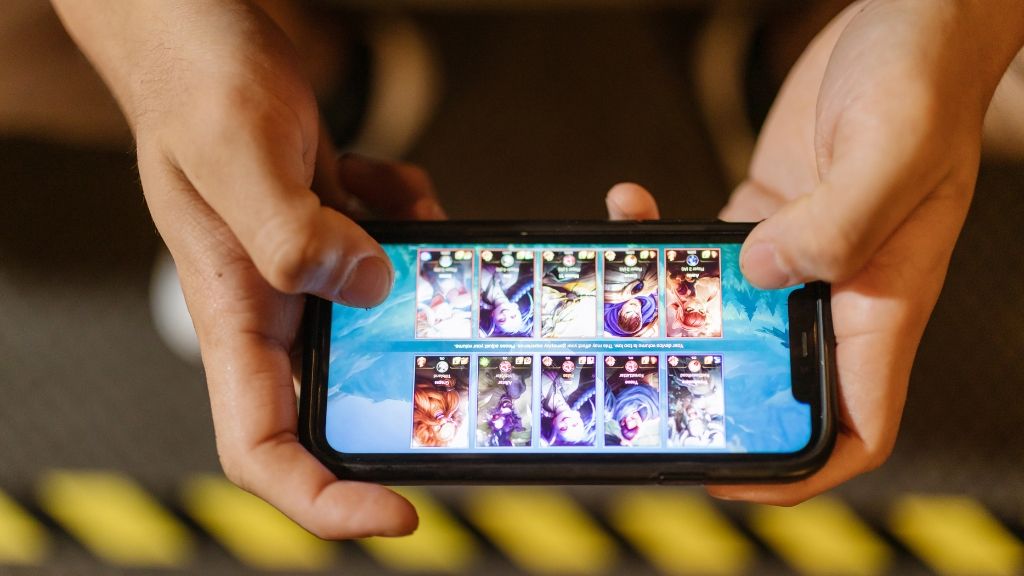
Gamification is one of the most influential trends in the iGaming industry, transforming how operators interact with players and enhancing loyalty and engagement. By integrating traditional gaming elements such as points, rewards, levels, and challenges into iGaming, gamification provides a more interactive and dynamic gaming experience, surpassing traditional gambling and casino games. This strategy aims to increase engagement and prolong the interaction time of players, creating a more competitive and enjoyable environment.
One of the main aspects of gamification in iGaming is the incorporation of progression systems, such as levels and rankings, which encourage players to continue playing to achieve goals and unlock rewards. Players are motivated not just to win bets or earn money, but to complete tasks, participate in challenges, and accumulate points to advance in rankings. This mechanism keeps players engaged for longer periods and continuously provides a sense of achievement, which is crucial for retaining users in a competitive market.
Another example of gamification in iGaming is unlocking personalized rewards and bonuses based on players' behaviors and achievements. These rewards can be cash bonuses or free spins in casino games, increasing the perceived value for players and encouraging them to stay active on the platform. Additionally, operators are increasingly using avatars, badges, and other virtual items to personalize the player experience, allowing them to create unique identities within the gaming community.
Gamification also extends to loyalty programs and VIP clubs, where players can accumulate points over time and exchange them for exclusive rewards or advantages in games. These programs create a continuous interaction loop, rewarding players for their loyalty and thus enhancing long-term user retention.
Beyond gamification strategies, new forms of interaction such as integrating social gaming and creating online communities have emerged in iGaming. Players can interact with friends and compete against each other, adding a social element to the game that is often missing in traditional casino experiences. This not only increases game time but also makes the experience more engaging and personalized.
Personalization also plays a significant role in these new interactive forms. With the use of data and artificial intelligence, operators can provide personalized recommendations and experiences based on players' preferences and behaviors. This personalization covers everything from the selection of recommended games to bonus offers tailored to each user's gaming habits. This makes players feel more closely connected to the platform, enhances their overall experience, and increases the likelihood of their return.








